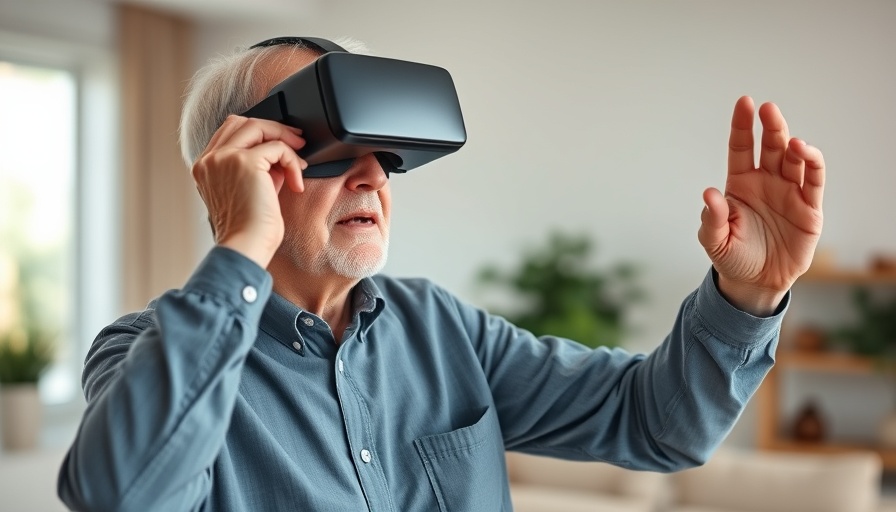
Enhancing Emotional Well-Being for Dementia Patients Through Virtual Nature
In a groundbreaking pilot study led by Junhyoung "Paul" Kim from Texas A&M University, researchers have discovered that exposure to nature, even in a virtual reality (VR) setting, can significantly enhance the emotional well-being of older adults living with dementia. This study, published in the American Journal of Health Behavior, highlights an innovative approach to improving the quality of life for this vulnerable population.
Understanding the Study: Methods and Findings
The pilot study involved 11 residents from a long-term memory care facility diagnosed with mild to moderate Alzheimer's disease. Participants engaged in nature-themed VR sessions using Oculus Quest 2 headsets, immersing themselves in calming environments such as lush forests, serene meadows, vast oceans, and captivating sunsets. Each session lasted between 20 to 30 minutes and occurred twice a week over five weeks.
The outcomes demonstrated a significant increase in participants' feelings of pleasure and alertness, alongside a reduction in anxiety, sadness, and anger. Such improvements underscore the necessity of innovative therapeutic interventions in dementia care. The emotional benefits experienced suggest that immersing these individuals in nature—albeit virtually—can evoke positive feelings and stimulate cognitive responses that enhance their quality of life.
Barriers and Solutions for Virtual Reality Adoption
While the results were promising, the study also highlighted challenges that caregivers and participants faced when using this new technology. Several participants reported difficulties with the headsets and controls, emphasizing the need for more age-friendly design enhancements. As noted by Kim, simplifying control interfaces and improving the ergonomic design of headsets could significantly enhance usability among older adults with cognitive impairments.
Social Connection Through Virtual Experiences
Throughout the study, several core themes emerged from participant interviews. Many expressed enjoyment in exploring virtual nature and noted how the experiences triggered fond memories. Such emotional connections indicate that therapy leveraging VR technology can be more than just a tool for relaxation; it can also serve as a crucial means of fostering social connections and reminiscences among patients.
The Future of Health Technology for Dementia Care
This research not only illustrates the potential benefits of nature-inspired virtual reality but also sets the stage for future developments in this field. As technology advances, the integration of VR in dementia care may provide a scalable solution that addresses the unique challenges faced by older adults. In a world that often neglects the emotional needs of dementia patients, innovations such as these could revolutionize therapeutic practices.
Practical Insights for Concierge Health Practitioners
For concierge health practitioners, staying informed about emerging technologies that can enhance patient care is critical. As interest in VR grows, consider the implications this technology might have in your practice:
- Evaluate Technology: Assess the capability of VR systems to fit into therapeutic programs and improve patient satisfaction.
- Educate Caregivers: Provide training and support to caregivers to help older adults comfortably use VR equipment, allowing them to reap the benefits of these experiences.
- Track Outcomes: Implement methods to measure the emotional and cognitive outcomes of VR usage to inform and improve practice strategies.
Conclusion: Embracing Technological Innovation in Care
The integration of nature-inspired virtual reality into dementia care presents an exciting opportunity for enhancing the emotional well-being of older adults. By understanding both the benefits and barriers to adopting this technology, health practitioners can create a more holistic approach to treatment. Engaging with patients through innovative means could lead to transformative changes in their lives. Embrace this technology, and explore its possibilities to improve patient care as we move forward.
 Add Row
Add Row  Add
Add 




Write A Comment